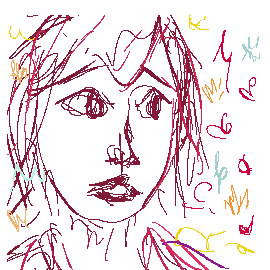Kirumi Tojo
Danganronpa V3: Killing Harmony

| e | i |
| n | s |
| f | t |
| p | j |
| function | ennea | variant | socio | psycho | ||
|
|
| 2 | 3 | 4 | 5 | 6 | 7 | 8 | 9 | 1 |
| h |
| e |
| x |
| a |
| c |
| o |
| public myers-briggs votes | (22/04/07 07:44) GIJOEBusta Cap: ISTJ |
| (18/09/07 01:48) *~snow~*: ISTJ |
| (18/06/14 12:57) strawberry crisis: ISTJ |
| (18/05/10 12:16) Stephen Hearts: ISTJ |
| public function votes | (22/09/10 10:56) GIJOEBusta Cap: ISFJ |
| public enneagram votes | (22/04/07 10:02) Woll Smoth: 1w2 |
| (22/04/07 07:44) GIJOEBusta Cap: 1w2 |
| (18/05/11 02:13) *~snow~*: 1w2 |
| (18/05/10 10:50) strawberry crisis: 1w2 |
| (18/05/10 12:16) Stephen Hearts: 1w2 |
| public instinctual variant votes |
| public tritype® votes |
| public sociotype votes |
| public psychosophy votes |
| public hexaco votes |
 Spoilers for Danganronpa v3
Spoilers for Danganronpa v3